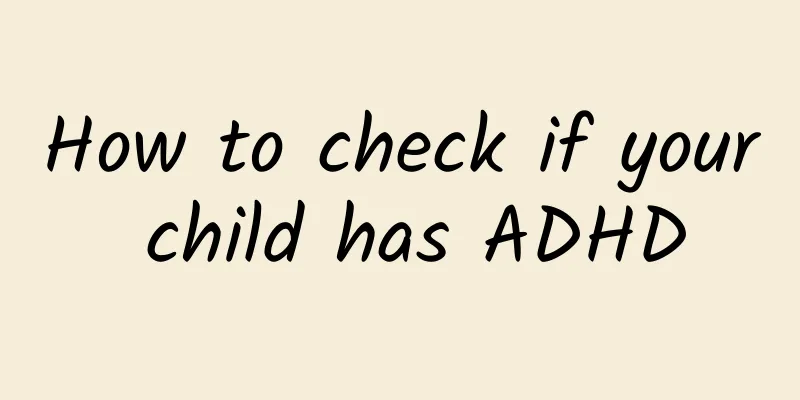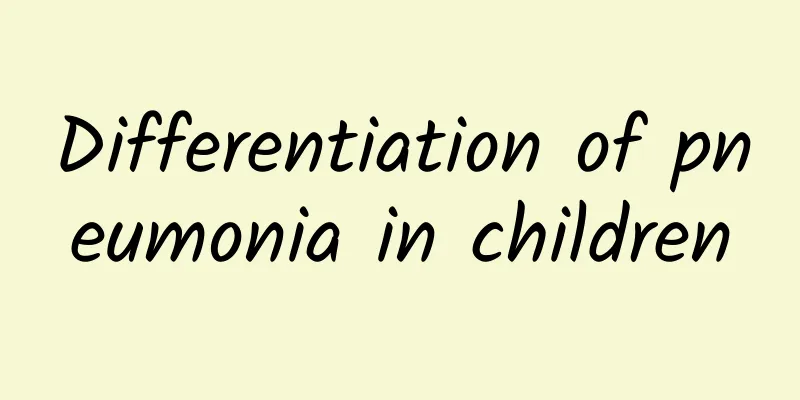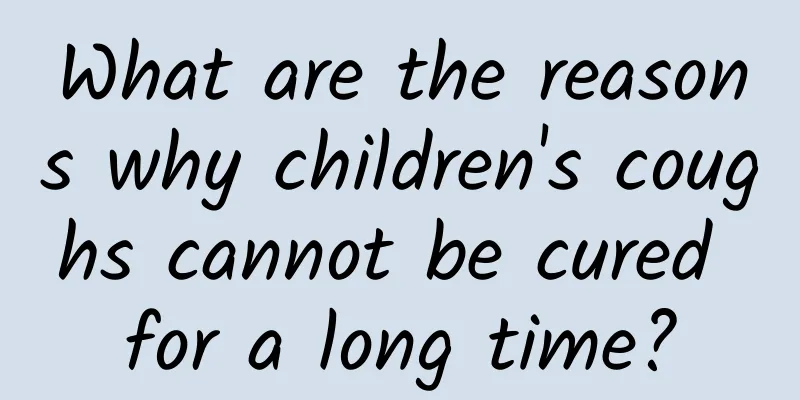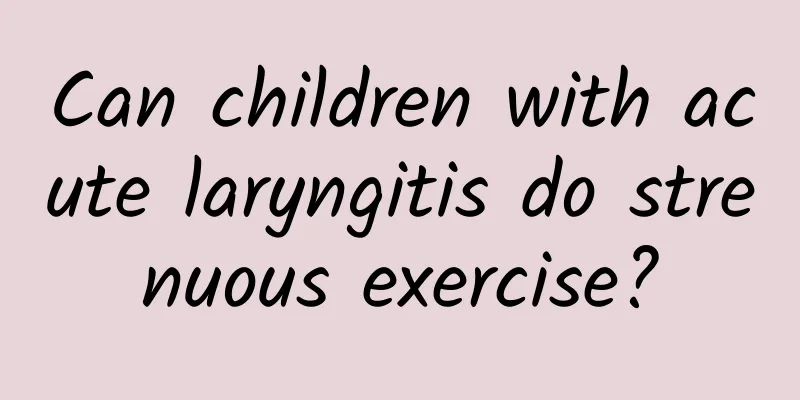Can parents accompany their children when they have mumps?
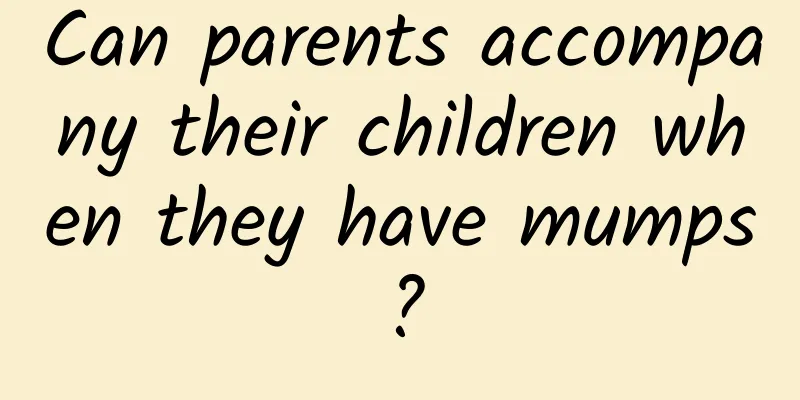
|
Parents can accompany their children with mumps, but they need to pay special attention to the infectiousness and take corresponding isolation and protection measures, such as wearing masks, washing hands frequently, etc. At the same time, they need to ensure that family members are vaccinated to avoid cross infection. Mumps is a highly contagious disease that is mainly transmitted through droplets, so parents need to be extra cautious when accompanying their children. 1. Transmission characteristics and hazards of mumps Mumps is caused by the mumps virus, which is highly contagious and often occurs in children and adolescents. It is mainly transmitted through saliva droplets and contact with contaminated objects, and the incubation period is generally 1-2 weeks. Patients mainly show unilateral or bilateral parotid swelling and pain, sometimes accompanied by fever. If not isolated and treated in time, it may cause complications such as meningitis, orchitis or oophoritis, and in severe cases may also cause hearing loss. Protection during care is particularly important. 2. Protective measures for accompanying If parents are caring for a child with mumps, they should take the following steps: Wearing a mask: Parents must wear a medical mask throughout the process to avoid direct contact with the patient's oral and nasal secretions or droplets. Wash your hands and disinfect them frequently: Wash your hands with soap or alcohol-based hand sanitizer immediately after contact with children to prevent the spread of residual viruses. Isolation of special items: The sick child’s bowls, chopsticks, cups, towels, etc. should be used separately from those of family members and should be cleaned and disinfected regularly. Regular ventilation: Keeping the air in the child's room circulating, fresh and dry will help reduce the virus content in the room. 3. Reduce the possibility of family members being infected Other family members, especially those who have not been vaccinated against mumps, are at higher risk. Parents can also take the following measures: Vaccination: Check whether family members have received the mumps vaccine. If not, consult as soon as possible. The mumps vaccine is usually combined with the measles and rubella vaccine (MMR vaccine) to have a preventive effect. Avoid close contact: Except for the necessary accompanying time, try to avoid long-term close contact with the sick child, especially people who are susceptible to infection such as pregnant women and the elderly. Strengthen nutrition and rest: Taking in adequate nutrition and ensuring enough sleep can help improve immunity and reduce the risk of infection. 4. When to seek medical attention and other precautions If the child has persistent high fever, severe headache, coma or convulsions, etc., they need to seek medical attention immediately to avoid serious complications. During the accompanying period, parents need to pay attention to their own physical condition. If similar symptoms occur, they should be isolated in time and go to the hospital for diagnosis and treatment. It is not completely impossible to accompany a child with mumps, but strict isolation and protection measures must be taken to avoid the spread of the virus. Parents should pay attention to the details of protection and provide a safe environment for the child and family. If you feel that you cannot protect yourself well, you can choose to consult a professional doctor or consider isolation and treatment. Healthy living habits and vaccinations are important safeguards against such infectious diseases. |
<<: What are the symptoms of Hirschsprung's disease
>>: How old can children with acute laryngitis avoid recurrence?
Recommend
Hospitalization costs for children with pneumonia
How much does it cost to be hospitalized for pneu...
What is the cause of hand, foot and mouth disease? How to effectively prevent the occurrence of hand, foot and mouth disease
Overview of hand, foot and mouth disease: Hand, f...
Health care methods for children with pneumonia
People have heard of pneumonia. Many pneumonia pa...
Is mumps in children contagious to adults?
Yes, children with mumps can pass it to adults be...
What are the early symptoms of jaundice hepatitis? Common symptoms of jaundice hepatitis patients
Jaundice hepatitis is a disease in which liver ce...
Differences between atypical Kawasaki disease and typical Kawasaki disease
The difference between atypical Kawasaki disease ...
What is the difference between hand, foot and mouth disease and cold?
Colds generally refer to upper respiratory tract ...
How to care for children with pneumonia
Many diseases may occur in the neonatal period, a...
How to diagnose hernia in children
The diagnosis of hernia in children is usually ba...
What are the treatments for patent ductus arteriosus?
There are more and more diseases happening around...
Can a two-month-old baby drink Yitanjing?
If a two-month-old baby coughs, he can drink Itan...
How to treat ADHD
Tourette syndrome, also known as Tourette syndrom...
What treatment is suitable for patent ductus arteriosus?
What treatment method is suitable for patent duct...
Is pneumonia in children contagious?
Whether pediatric pneumonia is contagious depends...
Which department should children with ADHD go to in the hospital?
Parents often feel confused about which hospital ...


